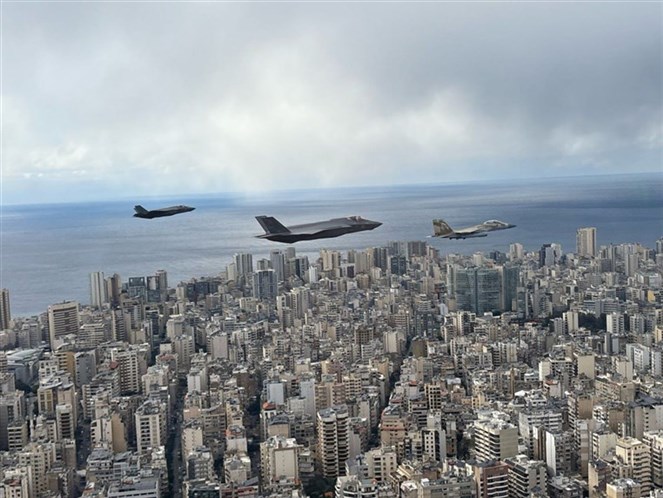In a detailed report about the Israeli engagement in an elongated war on Gaza, the New York Times studied the political, military and personal performance of the Zionist command represented by Prime Minister Benjamin Netanyahu.
The report concentrated on the personal motives of Netanyahu to elongate the war in order to maintain his political coalition and, thus, post survival.
The report narrated how, six months into the war on the Gaza Strip, Netanyahu prepared a decision to approve a deal proposal and planned to discuss it during the session surprisingly in order to prevent resistant ministers from coordinating their response.
According to the report, Bezalel Smotrich, the finance minister, declared that he had heard rumors of a plan for a deal.
“I want you to know that if a surrender agreement like this is brought forward, you no longer have a government,” Smotrich said. “The government is finished.”
At that moment, Netanyahu, NYT added, was forced to choose between the chance of a truce and his political survival — and Netanyahu opted for survival. There was no cease-fire plan, he promised Smotrich. “No, no, there’s no such thing,” he said. And as the cabinet discussion moved on, Netanyahu quietly leaned over to his security advisers and whispered what must have by then become obvious to them: “Don’t present the plan.”
The long report also concentrated on all the critical stages of the war at which Netanayhu chose to sustain his political survival through the war on Gaza.

War on Lebanon
NYT report also narrates how the Zionist military chiefs were preparing a major strike on Beirut on October 11, 2023.
“Netanyahu found more pliant partners on Oct. 11, as the military prepared to attack Hezbollah, the powerful militia that was Hamas’s ally in Lebanon. Hezbollah, backed by Iran, had been firing rockets at Israeli troops since the second day of the war. Israeli leaders feared that the well-armed group was planning a ground invasion from the north. Gallant, working down in the Pit, was ready to enact a plan aimed at pre-empting such an invasion: The Israeli Air Force would decapitate Hezbollah’s leadership in Beirut with a barrage of airstrikes. But he needed Netanyahu to sign off. The problem was that Netanyahu would not return his calls. With the planes in the air, Gallant went in person to Netanyahu’s office. He found Netanyahu focused on a completely different matter — domestic politics.”
“As the new ministers joined the government, Israeli fighter jets were already circling over the Mediterranean Sea, some 30 miles from Beirut. The new cabinet needed to decide: Should the pilots proceed with the attack?”
“The jets were 19 minutes from striking Beirut, Halevi said. Just as ministers seemed poised to sign off, an officer arrived with a new intelligence update. The attack was called off.”
NYT investigative report affirms the propriety of Hezbollah decision to engage in the military confrontation with the Israeli enemy before the latter’s plots take effect.
Source: NYT (edited by Al-Manar English Website)




